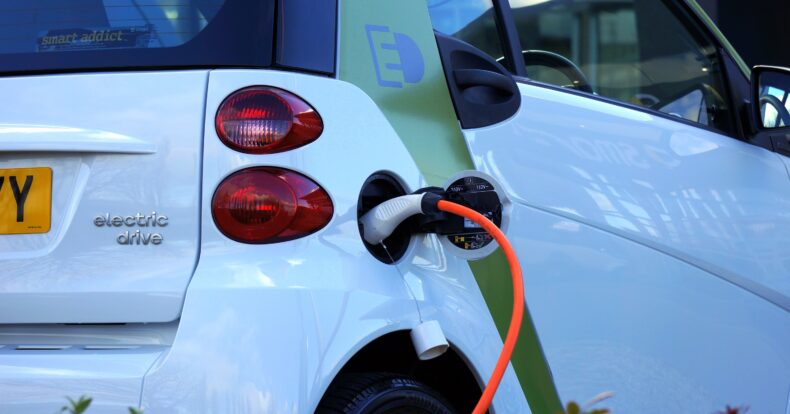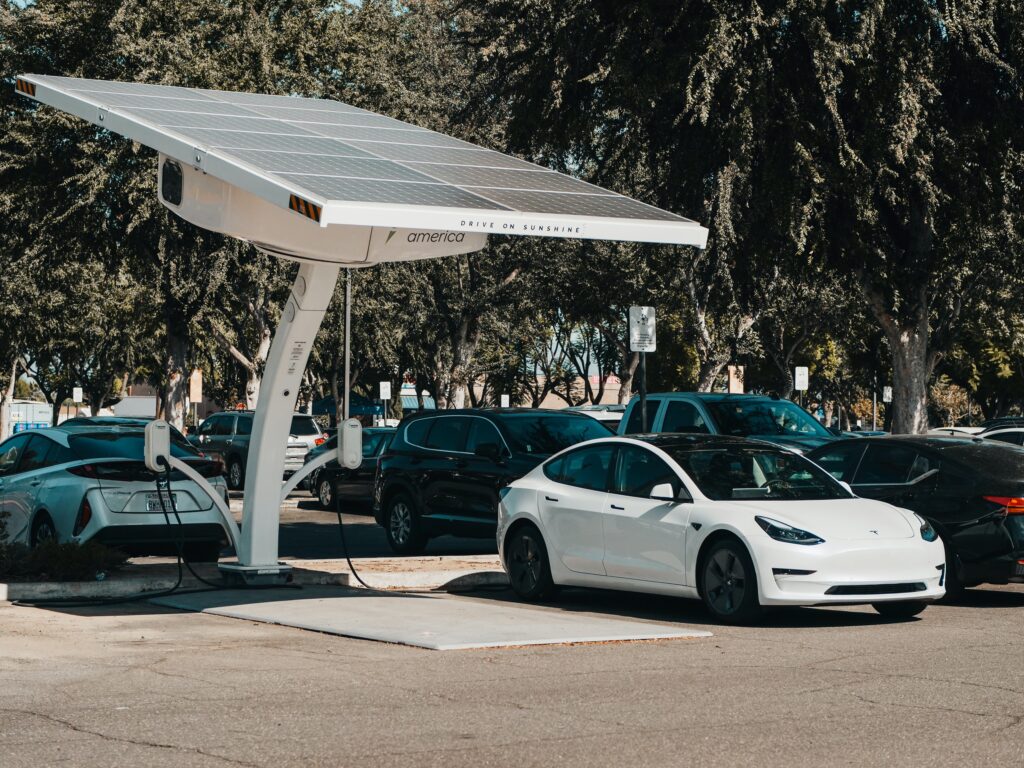Electric Vehicle And Its Ecological Footprint

The electric vehicle was created as a greener alternative to the regular vehicle. What is its real environmental impact?
The Electric Vehicle

An electric vehicle is a vehicle powered by one or more electric motors. It is powered by an external electrical source such as batteries, solar panels or electric generators.
Electric vehicles actually emerged in the mid-19th century, when electricity was the preferred method of powering motor vehicles. Indeed, electricity provided more convenience and ease of operation.
Despite all this, internal combustion engines have been the dominant propellants for motor vehicles for more than 100 years.
Due to the threat of climate change and the Paris Agreement, electric vehicles have seen a resurgence. Indeed, for many, an energy transition is necessary to curb the effects of CO2 in the atmosphere.
Its Ecological Footprint

Although the electric vehicle does not emit as much gas during use as the regular vehicle, it is not exempt from having an environmental impact.
Indeed, according to the article by Pablo Frías Marín and Carlos de Miguel Perales, the development process of a new technology such as these vehicles will always have an environmental impact throughout its life cycle.
The impact of electric vehicles (EVs) is different from that of combustion vehicles (CVs). First, EVs have an environmental impact that focuses on the manufacturing process, while the impact of CVs focuses on their use.
In reality, EV manufacturing requires natural resources such as lithium and cobalt for the batteries and natural gases to produce the energy stored in the batteries themselves. In addition, raw materials such as steel, aluminum, copper, water, etc. are needed. During the manufacturing process, there would naturally be emissions, waste and recycling of these same materials.
Likewise, the manufacture of these types of cars has an impact on: climate change, resource use, health, ozone layer depletion, the creation of photochemical or tropospheric ozone, eutrophication, acidification and biodiversity.
It is true that, during their use, electric vehicles are less harmful to the environment and that they could reduce the impact on global warming by 24%. However, we must not overlook the impact of their manufacture on the socio-environment.
Sensorial Sunsets
Navigate articles




